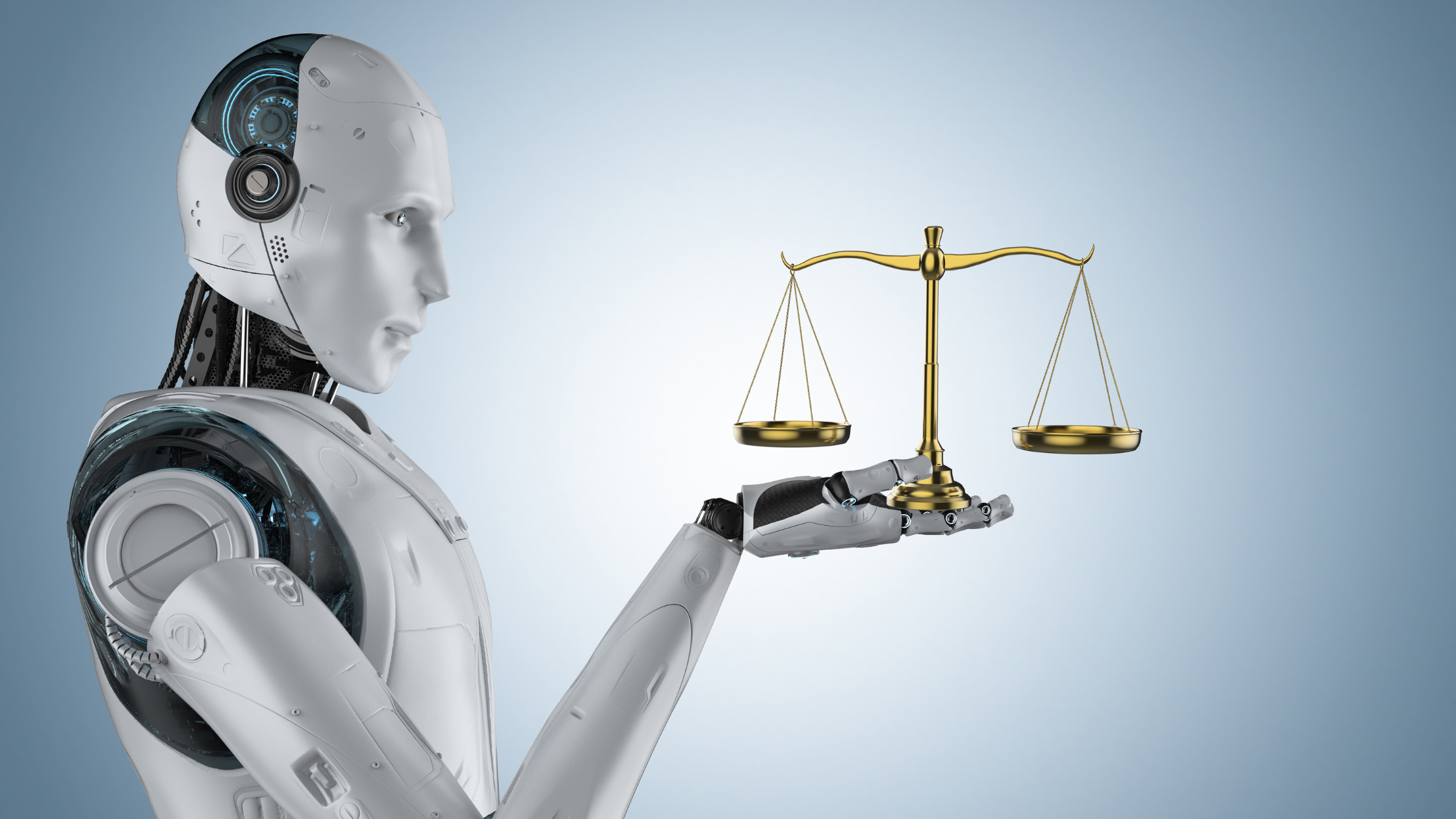Welcome to the future of legal research, where Artificial Intelligence (AI) is not just a buzzword but a practical tool reshaping the very fabric of legal practice. Today, let’s engage in a conversation about this transformation and understand how AI is making a monumental impact on legal research.
Embracing the AI Revolution in Legal Research
Have you ever found yourself buried under piles of legal documents, feeling overwhelmed?
The traditional approach to legal research is often tedious and time-consuming. But imagine if you could have a personal assistant that not only understands legal jargon but also retrieves relevant case laws and statutes in seconds. This is not science fiction anymore; it’s the reality brought to us by AI.
How AI Tools are Changing the Game
AI-driven legal research tools, leveraging advanced algorithms and natural language processing, are streamlining the research process. Consider ROSS Intelligence or LexisNexis, which enable you to input queries in plain English and receive precise results almost instantaneously.
How might AI-powered legal research change your approach to preparing for a case or understanding a legal issue?
Accuracy and Efficiency: The Twin Pillars of AI in Legal Research
The precision and speed offered by AI in legal research are unmatched. These tools don’t just work faster; they work smarter, identifying patterns and connections that might escape human notice.
The Human-AI Collaboration
This brings us to an essential point: AI is here to augment, not replace, human expertise. By handling routine research tasks, AI frees legal professionals to concentrate on complex, strategic aspects of their work.
Can you think of a scenario where AI could have saved you time and effort in legal research?
Navigating the Challenges
While we marvel at the capabilities of AI, it’s crucial to address the challenges. Data privacy and algorithmic bias are real concerns. As legal professionals, how do we ensure that our reliance on AI doesn’t compromise the integrity of our research?
What steps can we take to ensure that AI tools are used ethically and responsibly in legal research?
The Road Ahead
The future of legal research is a collaborative landscape where AI and human intelligence work in tandem. We’re heading towards more sophisticated AI capabilities, possibly predicting legal outcomes and suggesting unique arguments.
How do you envision the role of AI in the legal profession evolving in the next decade?
In conclusion, the integration of AI into legal research is not just enhancing efficiency; it’s opening new horizons in the legal profession. As we embrace this change, we must also engage in continuous dialogue, addressing challenges and shaping a future where technology and human expertise create a more effective and accessible legal system.
I’d love to hear your thoughts, experiences, and questions about AI in legal research. How do you see this technology impacting your work or the broader legal landscape? Let’s continue this conversation in the comments below!


